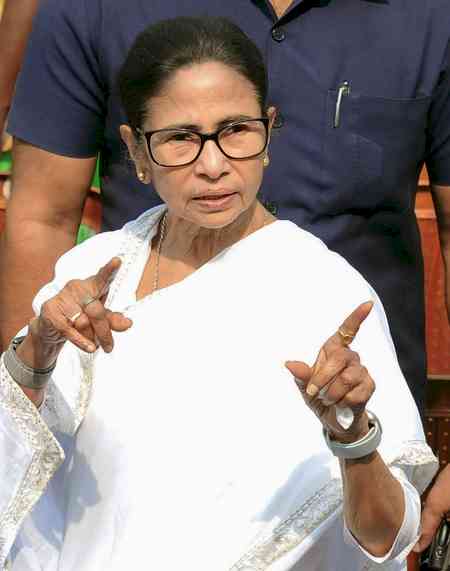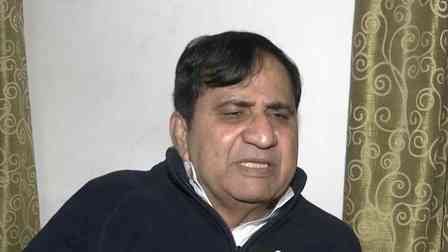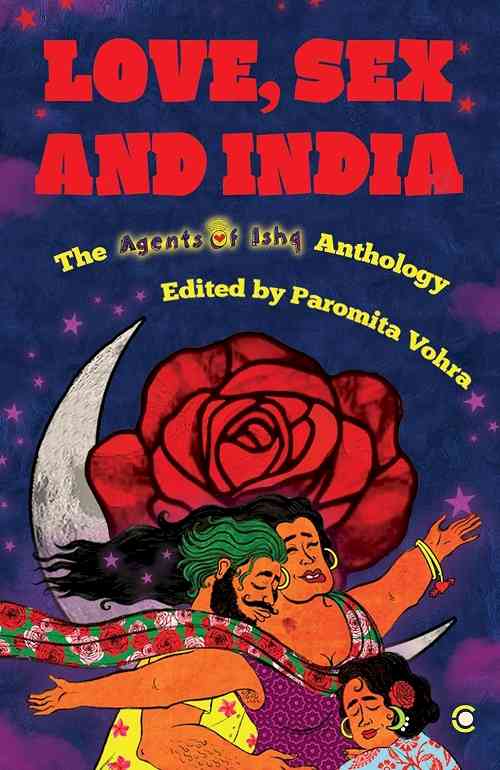False allegations of rape and dowry harassment by wife amount to extreme cruelty: Delhi HC
Delhi High Court has upheld a family court order, saying that a wife making false allegations of rape and dowry harassment against her husband's family members constitutes extreme cruelty and grounds for divorce.

New Delhi, Sep 4 (IANS) Delhi High Court has upheld a family court order, saying that a wife making false allegations of rape and dowry harassment against her husband's family members constitutes extreme cruelty and grounds for divorce.
The division bench of Justices Suresh Kumar Kait and Neena Bansal Krishna said that such false complaints by the wife amount to mental cruelty, and the husband has the right to seek divorce on these grounds.
“It cannot be overlooked that making serious allegations of not only dowry harassment but of rape against the family members of the respondent which are found to be false, is an act of extreme cruelty for which there can be no condonation,” the court said.
The case in question involved a woman who had appealed a family court's order to grant her husband a divorce on the grounds of mental cruelty. The couple had married in 2012 but had been living separately since 2014.
The wife had alleged that her husband never recognised their marriage and accused her brother-in-law of rape, along with claims of dowry harassment.
However, the court found that the husband and his brother were acquitted of all charges, and the wife had even written an apology letter stating that there was no harassment as she had previously claimed.
Also, there was no evidence to support her claim that the marriage had not been consummated. The court said that depriving one spouse of the other's company is an extreme act of cruelty and that the foundation of a marital relationship is cohabitation and a conjugal relationship.
The court also highlighted that cruelty should be assessed based on its effect rather than its nature, considering the physical and mental conditions of the parties involved, their social status, and the impact of one spouse's conduct on the other. In this case, where the couple had been living separately for almost nine years, the court deemed it an instance of utmost mental cruelty, justifying the termination of the matrimonial relationship.
Referring to the order in ‘Mrs. Rita Nijhawan vs. Mr. Bal Kishan Nijhawan, AIR 1973 Del 200’ the court noted that it has been observed in it that cohabitation is a necessary element for sustenance of marriage.
The court noted: “The parties herein have barely been able to live together for about thirteen months and have not been able to sustain their matrimonial relationship. For a couple to be deprived of each other's company and conjugal relationship is an extreme act of cruelty as has also been endorsed by the Apex Court.”
The woman’s appeal was dismissed.


 IANS
IANS 










